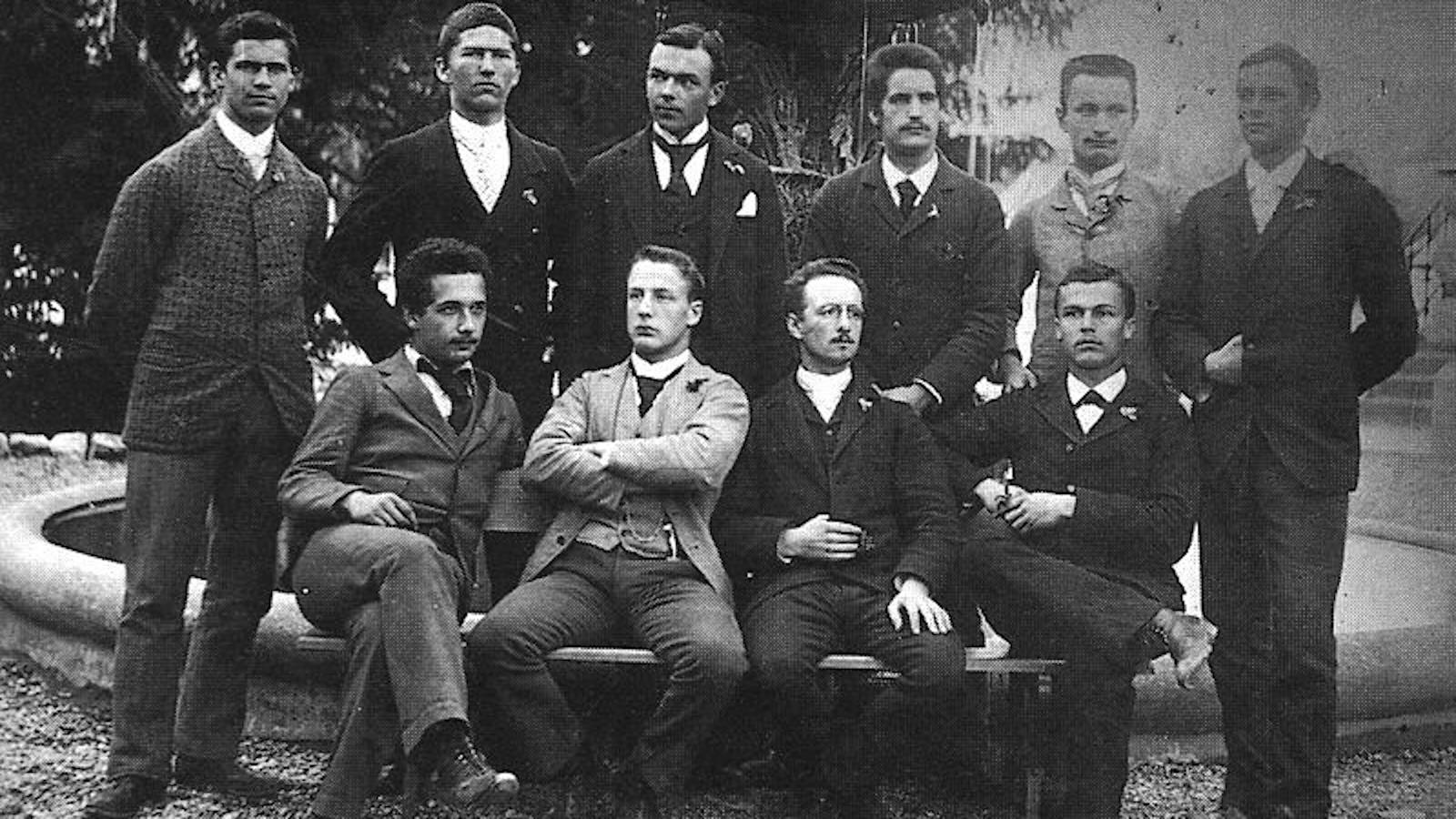Neutrinos Didn’t Break Light Speed

What’s the Latest Development?
Ever since the European Organization for Nuclear Research went public with data suggesting that small bits of matter called neutrinos traveled faster than the speed of light, scientists have been incredulous and the public has spoken of the fall of Einstein, whose general theory of relativity prohibits matter from breaking light speed. The results, however, are almost certainly faulty. Fermilab physicist Joseph Lykken says the experiment was “a pretty messy way to try to test a fundamental property.”
What’s the Big Idea?
Was it right for the physics lab to go public with the research results before the experiment was peer reviewed? Does keeping scientific data from the public constitute censorship? “When dealing with science and the public, a certain degree of filtering needs to be applied and the whole scientific process to publication needs to be followed through,” says science writer Ian O’Neill. As far as the media is concerned, he says, any scientific theory is a good theory as long as it makes a good story.





